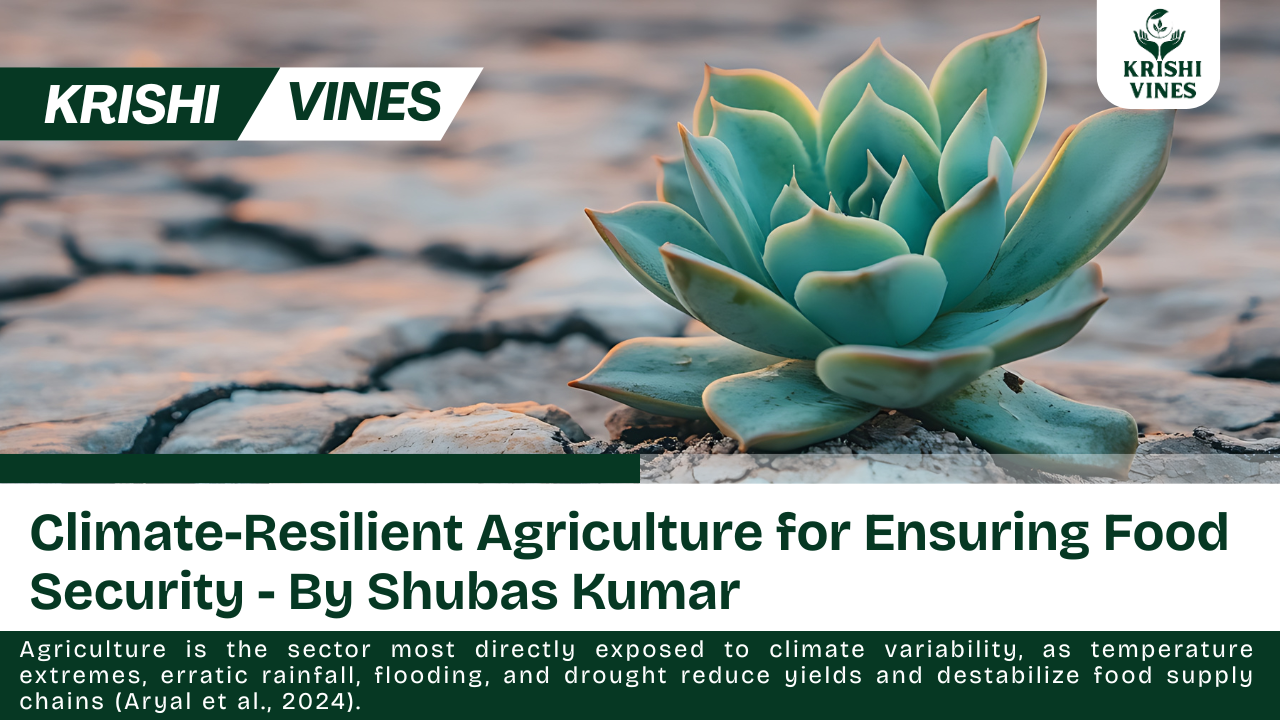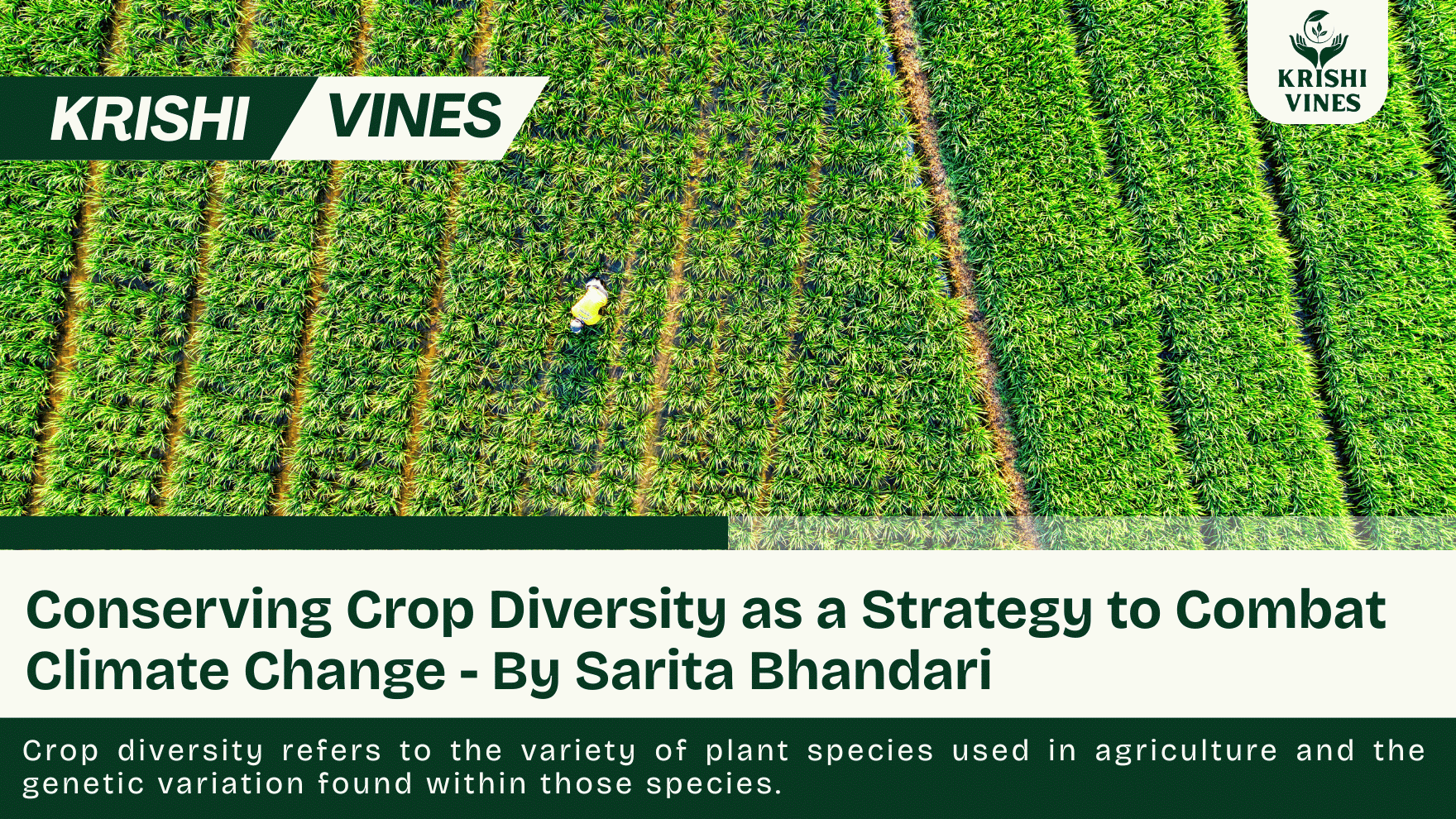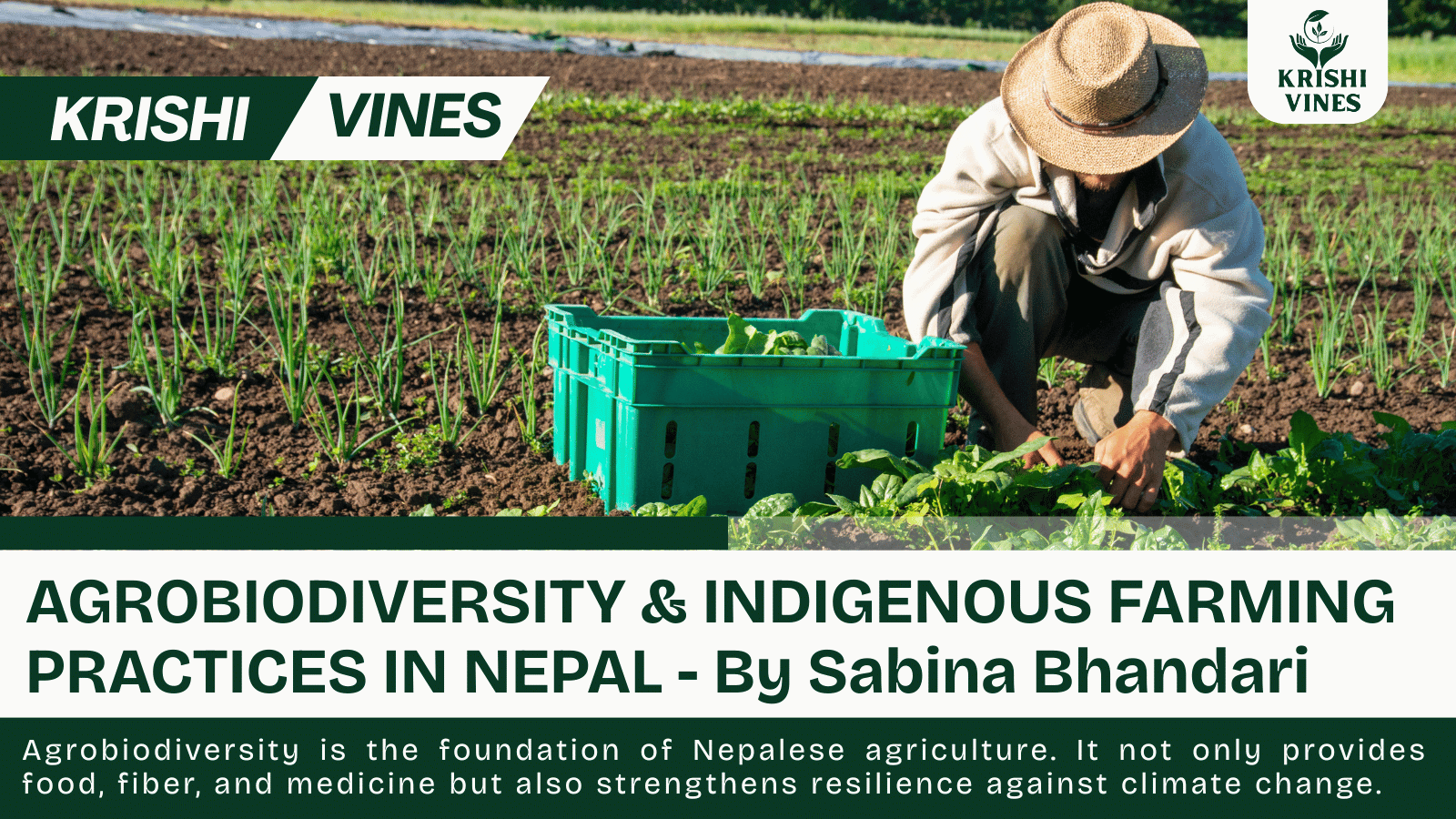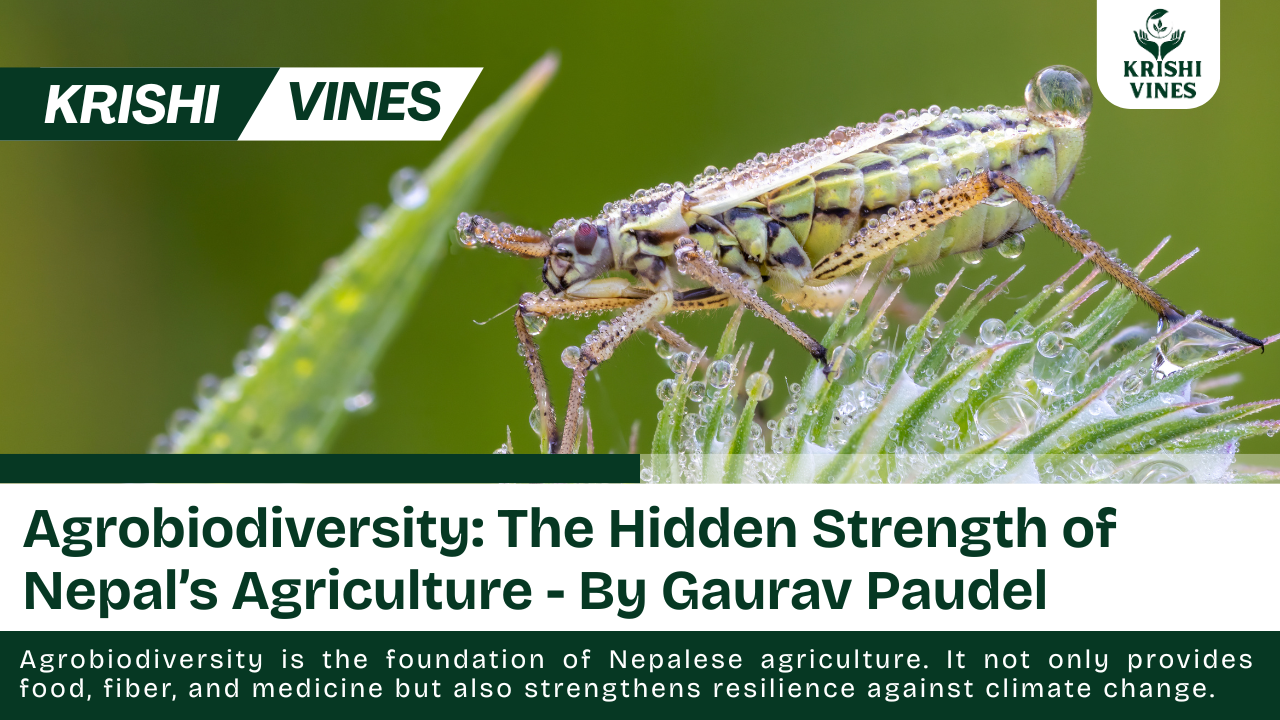Introduction
Climate change is a natural process but recent trends related to climate change are alarming mainly due to anthropogenic reasons. Climate change is making a big impact on agriculture everywhere. The level of greenhouse gases (GHGs) mainly carbon dioxide (CO2), nitrous oxide (N20) and methane (CH4) have been rapidly increasing after the industrial revolution. The increased level of GHGs has created a greenhouse effect which subsequently altered precipitation patterns and global temperatures around the world. Impacts have been witnessed in several areas due to change in precipitation and temperature. The impact areas include agriculture, forestry, water resources, biodiversity, desertification, human health, and ecosystems goods and services globally. Climate change is making a big impact on organic agriculture. Organic farming, which focuses on eco-friendly methods and avoids chemical inputs, faces climate changes as huge challenge. But at the same time, organic practices like improving soil health and preserving biodiversity can actually help farms become more resilient to climate issues. Researches revealed that rate and extent of climate change effects have increased significantly over the years with the increasing climate variability and extreme events.
1. Changing Weather Patterns and Crop Yields
Unpredictable weather, long droughts, and sudden temperature changes are having a major effect on crop yields for organic farmers. Since they depend on natural processes like healthy soil and biological pest control, these extreme weather events create problems in organic farming. Crops such as vegetables, fruits, and grains in organic farming can struggle when water is scarce or when the rains don’t come on time. In Nepal, for example, organic farmers growing rice and vegetables are finding it tough to manage planting and harvesting cycles because the monsoon rains have become so irregular.
2. Soil Health and Carbon Sequestration
One of the pillars of organic farming is taking care of the soil. Farmers do this through practices like crop rotation, composting etc. These methods improve the soil’s structure and keep it fertile, but climate change is causing new problems like soil erosion and nutrient loss. On the positive side, organic farms can also play a role in fighting climate change by capturing carbon from the atmosphere in healthy soil. This ability to sequestrate carbon helps reduce the amount of greenhouse gases in the air.
3. Pests, Diseases and Weeds
Warmer temperatures and changing rainfall patterns are making it easier for pests, diseases, and invasive weeds to spread. This is bad news for organic farmers, who avoid using chemical pesticides. Natural pest control methods can help, but they’re not always enough to deal with these new challenges. One solution is for organic farmers to use integrated pest management (IPM), which combines biological controls with smart farming techniques. Growing a wider variety of crops can also make farms less vulnerable to pests.
4. Water Management Challenges
Organic farming relies on careful water management, using methods like mulching, rainwater harvesting, and intercropping to make the most of available water. But climate change is making water scarcer by disrupting rainfall patterns and shrinking glaciers. This is especially tough for places like Nepal, where farmers rely heavily on seasonal rain and river water. To adapt, organic farmers will need to adopt more efficient irrigation systems, like drip irrigation, which uses water more carefully and minimizes waste.
5. Biodiversity and Climate Resilience
A key strength of organic farming is that it promotes biodiversity by encouraging farmers to grow a variety of crops and protect native plant species. Having a variety of crops makes farms more resilient to environmental stress. For example, local crop varieties that are naturally resistant to drought or pests can help farmers manage tough conditions brought on by climate change.
6. Opportunities for Climate Adaptation
Even though organic agriculture faces some serious challenges, it also offers new opportunities. Practices that focus on soil health, biodiversity, and conserving water align perfectly with climate smart agriculture. Farmers can build even more resilience by adopting methods like agroforestry (planting trees alongside crops) or permaculture (designing sustainable farms based on natural ecosystems). These techniques can help organic farms thrive despite a changing climate.
7. Policy and Market Support
Organic farmers cannot adapt to climate change on their own way. Governments and organizations should step in by providing access to resilient seeds, weather information services, training programs, and financial incentives. On the bright side, consumers are becoming more interested in organic products, which means there’s growing demand in the market. This can make organic farming not only environmentally friendly but also economically rewarding.
Conclusion
Climate change brings both challenges and opportunities for organic farming. While organic farms are more vulnerable to things like unpredictable weather and pest outbreaks, their focus on healthy soil, biodiversity, and sustainability makes them well-suited to environment. With the right combination of smart farming techniques and policy support, organic agriculture can play a key role in building resilient food systems and reducing the impact of climate change. Supporting organic farming isn’t just good for the planet it’s also essential for securing our future food supply.
References
IPCC (Intergovernmental Panel on Climate Change). 2007. Synthesis report. In Metz, O.R.D., Bosch, P.R., Dave, R., and Meyer, L.A. (eds). Fourth Assessment Report: Climate Change 2007. Cambridge University Press, Cambridge, UK.
Andrasko, K., Benitez-Ponce, P., Boer, R., Dutschke, M., Elsiddig, E., Ford-Robertson, J., Frumhoff, P., Karjalainen, T., Krankina, O., Kurz, W., Matsumoto, M., Oyhantcabal, W., Ravindranath, N.H., Sanz Sanchez, M.J., and Zhang, X. 2007. Forestry. In Metz, B., Davidson, O.R., Bosch, P.R., Dave, R., Meyer, L.A., (eds). Climate Change 2007: Mitigation. Contribution of Working Group III to the Fourth Assessment Report of the Intergovernmental Panel on Climate Change. Cambridge University Press, Cambridge, UK.
Food and Agriculture Organisation of the United Nations (FAO). 2007. Adaptation to Climate Change in Agriculture, Forestry and Fisheries: Perspective, Framework and Priorities. FAO, Rome, Italy.
IPCC (Intergovernmental Panel on Climate Change). 2007. Summary for policymakers. In Parry, M.L., Canziani, O.F., Palutikof, J.P., van der Linden, P.J., and Hanson, C.E. (eds). Climate Change 2007: Impacts, Adaptation and Vulnerability. Contribution of Working Group II to the Fourth Assessment Report of the Intergovernmental Panel on Climate Change. Cambridge University Press, Cambridge, UK. p. 7–22.







